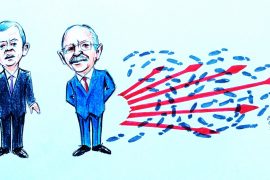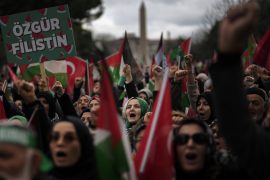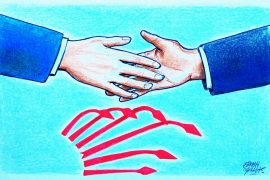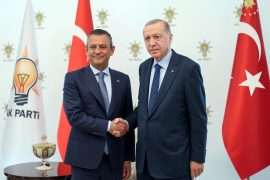Wrong
Wrong
Turkey’s Resolve and Wrong Expectations
| Domestic PolicyThe meeting between Prime Minister Recep Tayyip Erdoğan and President George W. Bush at the White House last Monday was expected to be a turning point for Turkey’s war on Kurdistan Workers’ Party (PKK) terrorism as well as for US-Turkish relations; at least some on the Turkish side thought so. While Prime Minister Erdoğan said he was happy with the outcome of the meeting, it is simplistic to interpret this as a watershed event in US-Turkish relations.
-
 Domestic Policy
Domestic PolicyThe AKP and the Kurdish Issue: What Went Wrong?
By Rabia Karakaya PolatIn the parliamentary elections of July 22, 2007, AKP (Justice and Development Party) won 47% of the votes, obtaining a very strong mandate to take issue with Turkey’s outstanding problems. In the predominantly Kurdish east and southeast region, the AKP doubled its vote from 26% to 53%. The AKP seemed to have persuaded the Kurds thanks to the party’s earlier moves to solve the Kurdish problem by granting more rights and freedoms as well as jobs and economic prosperity. Having started the negotiation process with the EU and obtaining such a strong mandate from the Kurdish voters, why did the AKP turn its back to the Kurdish issue? This can be explained with reference to three groups of factors working at the domestic, the EU and international levels.









